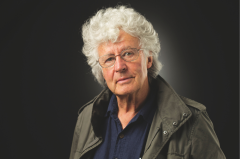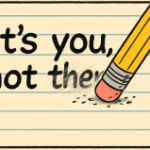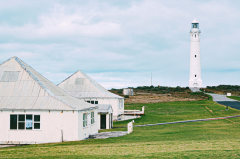Michael Doran felt like everything was happening to me and around me without actually being involved. I dubbed it “cancer as a spectator sport”
In June 2016 an unwanted flu shot has uncovered a dark little scab that I am convinced is an insect bite. My GP thinks otherwise, so I have it excised and now I am back to hear the verdict. No small talk. He takes a quick look in the file and tells me, “It’s bad news. You have an aggressive and deep melanoma that needs urgent action.”
And so the journey begins, not with condolences or sympathy but a clinical diagnosis and a referral that is my ticket to whatever destination I am headed for.
So on day one I learnt my first lessons about cancer: lots of people get it, there is nothing special about my case and whatever emotions I have do not form part of the medical process; they are for me to handle. With melanoma killing around five Australians daily and over 250 new cases weekly, it’s not an exclusive club.
Soon I was at the Alfred Hospital Melanoma Clinic receiving lots of information from various specialists and discussing what the treatment options would be. The risks and outcomes of the surgical options were explored, inputs gathered and then it was time for me to decide the next step. With a spinning head I asked the senior specialist what he would tell me to do if I was his brother. I then followed his advice.
My overriding feeling was of being a bystander in the process and having to answer questions and make serious decisions without any time to stop and think about what was going on. I felt like everything was happening to me and around me without actually being involved. I dubbed it “cancer as a spectator sport”.
A few weeks after surgery I was in the outpatient clinic having stitches removed when a doctor popped his head in to say, “Results are good and we will see you in three months” — and then disappeared. I should have felt ecstatic but instead I was numb and confused. Three weeks previous I was told I had cancer and now I did not? How does that work?
I left the hospital but after a short walk returned and sought out the clinic manager. She understood my confusion and, thankfully, took the time to work through it so that when I left this time I felt more settled. The surgery had removed all signs of the melanoma — it had not spread far — and it was now a case of monitoring for any recurrence.
I realised that what was gnawing at me was the sense that I was not actually doing anything myself but leaving my recovery in the hands of the doctors. I knew I had to get involved and stop relying on everyone else to tell me what to do. I researched quality articles, absorbed all the latest thinking on cancer recovery and developed my own plan.
I wanted to do all I could to reduce the chances of melanoma returning, but if it did I needed to be in the best shape possible to fight it off — not mount a rearguard action when it was too late. I had to have my own recovery strateg





